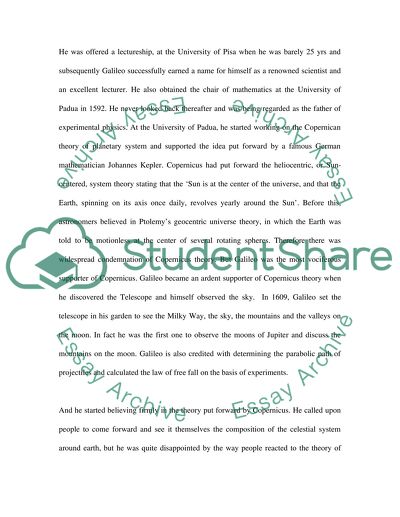Cite this document
(Trial of Galileo Essay Example | Topics and Well Written Essays - 1750 words, n.d.)
Trial of Galileo Essay Example | Topics and Well Written Essays - 1750 words. https://studentshare.org/biographies/1531194-trial-of-galileo
Trial of Galileo Essay Example | Topics and Well Written Essays - 1750 words. https://studentshare.org/biographies/1531194-trial-of-galileo
(Trial of Galileo Essay Example | Topics and Well Written Essays - 1750 Words)
Trial of Galileo Essay Example | Topics and Well Written Essays - 1750 Words. https://studentshare.org/biographies/1531194-trial-of-galileo.
Trial of Galileo Essay Example | Topics and Well Written Essays - 1750 Words. https://studentshare.org/biographies/1531194-trial-of-galileo.
“Trial of Galileo Essay Example | Topics and Well Written Essays - 1750 Words”. https://studentshare.org/biographies/1531194-trial-of-galileo.


